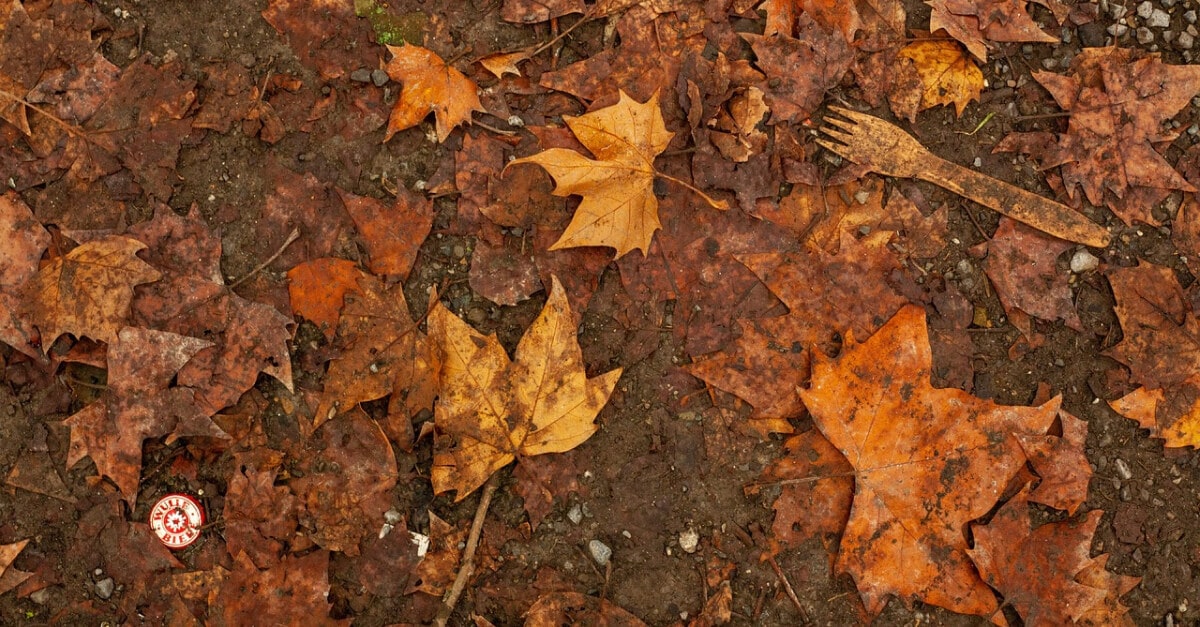Hyundai Motorstudio Senayan Park
Hyundai Motorstudio Senayan Park
Newsroom
-
5 Impacts of Soil Pollution for Humans and the Environment
- Hyundai Motorstudio Senayan Park 2022.10.07
-
In today's urban areas, it is almost difficult to see how the soil conditions are directly. Moreover, in some developed countries, many concrete buildings, roads, and road infrastructure are already covered with concrete or asphalt.
Even so, soil is very important for life. Growing plants need soil. Therefore, it is very important to keep the soil healthy and chemical free. However, unfortunately the impact of soil pollution is very common nowadays.
Most occur because of human activities. Starting from littering, adding chemicals on agricultural land, burning land, and so on. Do you know what is the meaning and impact of soil pollution? To add your insight, read more below!
What is Soil Pollution?
Soil pollution is when the soil already contains pollutants such as chemicals, toxins, or other harmful substances. Chemicals in the soil will react with other chemicals that enter it, causing contamination or soil contamination.
If the chemicals that contaminate the soil are toxic and harmful, they can cause many environmental problems . Especially, if the chemical concentration level or content is very high.
Causes of Soil Pollution
In fact, the main reason for soil pollution is caused by man-made waste. Meanwhile, naturally generated waste such as rotten vegetables, fruit peels, dry leaves, or animal carcasses, actually adds to soil fertility.
Below are some of the common causes of soil pollution:
1. Industrial Activities
First, industrial activities over the past century have led to an increase in the amount of industrial waste. Some unscrupulous companies do not dispose of industrial waste in a safe way. As a result, industrial waste contaminates the ground surface.
2. Agricultural Activities
Furthermore, the chemicals added in pesticides and fungicides have polluted the soil. These hazardous materials seep into the soil and mix with water, thereby reducing soil fertility.
3. Waste Disposal
Not only industry, in fact almost every day we also excrete personal waste, namely urine and feces. Unfortunately, households that do not have a toilet, sometimes defecate in the river. Or, there are a number of people who throw baby diapers in the river, thus polluting the soil and water.
5. Acid Rain
Acid rain can occur as a result of mixing certain chemicals with rain, then falling back to the ground. Water mixed with acids will change the fertility and structure of the soil.
Impact of Soil Pollution
Sometimes, we often underestimate the benefits of land. In fact, almost all aspects of our daily lives are influenced by the condition of clean and fertile soil.
Pollution-free soil conditions will provide clear and healthy water quality for drinking. On the other hand, the impact of soil pollution will greatly affect health. The following are the main impacts of soil pollution:
1. Impact of Soil Pollution on Human Health
Just imagine, if the land we live in today contains harmful chemicals or nuclear radiation? Of course, we won't be able to stay safely.
Plants growing on polluted soil also absorb pollution and pass it on to humans. In the long term, various diseases, such as cancer. Soil pollution can even cause food crises and hunger because it is difficult to grow crops.
2. Influence on Plant Growth
However, the ecological system will be affected if there is extensive soil pollution. Most plants cannot adapt when the chemical structure of the resistance changes drastically in a short time.
The fungi and bacteria present in the soil will be reduced, thus creating problems such as soil erosion, barren and arid soils. If soil fertility decreases, making the soil difficult to cultivate and triggering agricultural problems.
3. Soil Fertility Decreases
Another impact of soil pollution that is very disturbing to human life is the decline in soil fertility. As is known, agriculture relies on soil fertility to be able to cultivate fruits, vegetables, and other agricultural products as a food source.
Soil that is polluted or contains toxins can cause serious problems for the health of living things that consume agricultural products.
4. Toxic Dust
Without realizing it, the impact of soil pollution such as toxic dust or unpleasant odors is very detrimental to the respiratory health of humans and animals. For example, land that is used as a final waste disposal site (TPA) will produce toxic gas emissions and a foul smell.
In the long term, the resulting toxic gas emissions will pollute the soil and water around the environment. In fact, it causes serious health effects and discomfort for others who inhale it.
5. Changes in Soil Structure
Furthermore, the impact of soil pollution is the death of many soil organisms such as earthworms. Meanwhile, earthworms are very useful for loosening the soil and maintaining the pH balance of the soil to keep it fertile.
If the soil is polluted, it will force organisms and predators to move to other places in search of food. Organic farming methods are currently being developed in order to maintain the balance of the soil structure.
6. Poisoning groundwater
The impact of soil pollution also causes groundwater to contain toxins or harmful substances if consumed. Pesticides or chemicals in the soil can easily seep into the soil and contaminate groundwater.
Keep in mind, many people rely on groundwater or well water for daily consumption. When groundwater is toxic it can cause negative effects on body health. Organic fertilizer is one of the best nutrients for the soil. It is safer and less dangerous if it seeps into the ground.
When soil pollution is widespread, this will have an impact on the surrounding environment, such as water, air, and living things around it. It is our responsibility to maintain a pesticide-free and waste-free soil condition, so that our health is always maintained.




